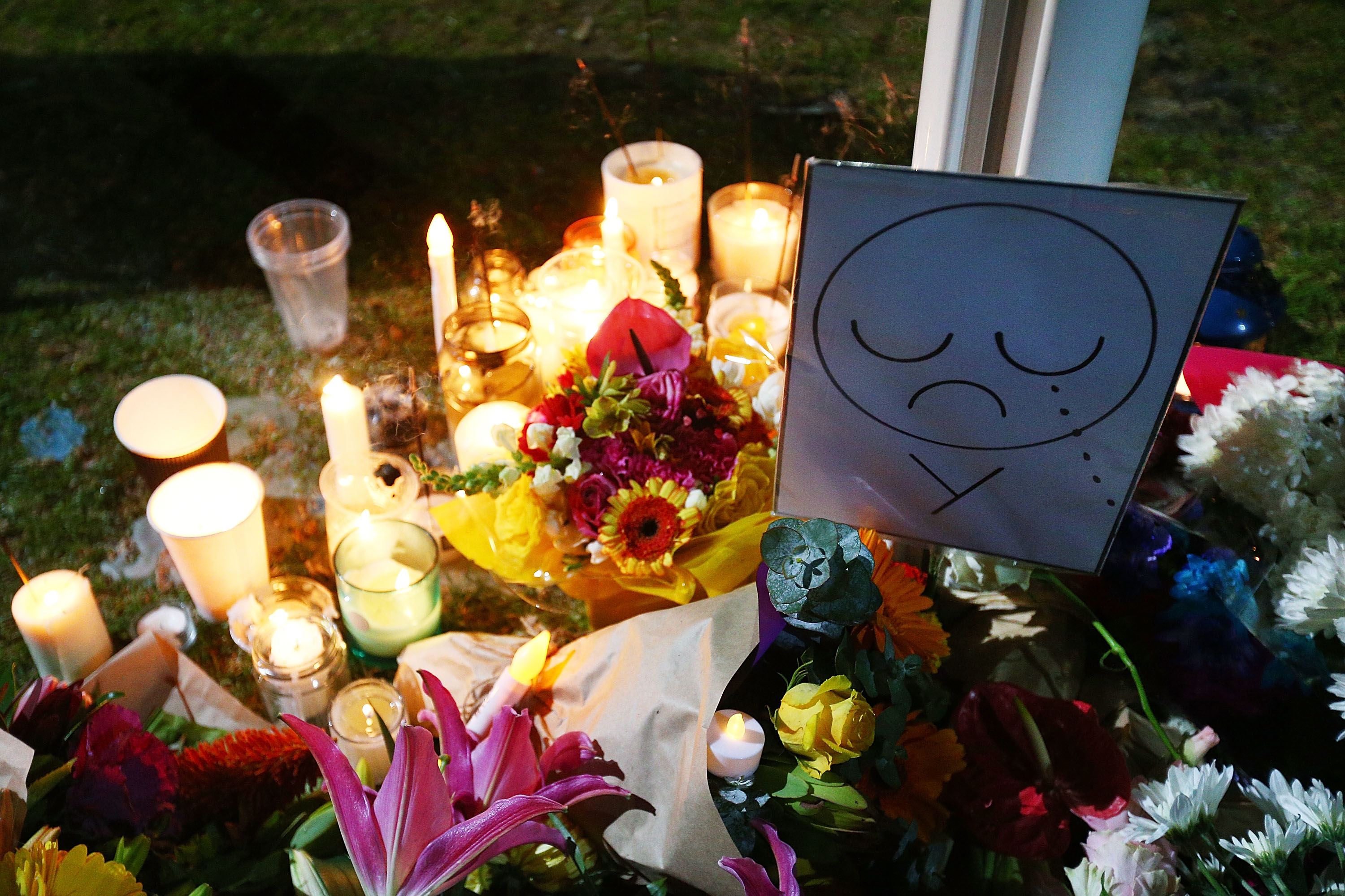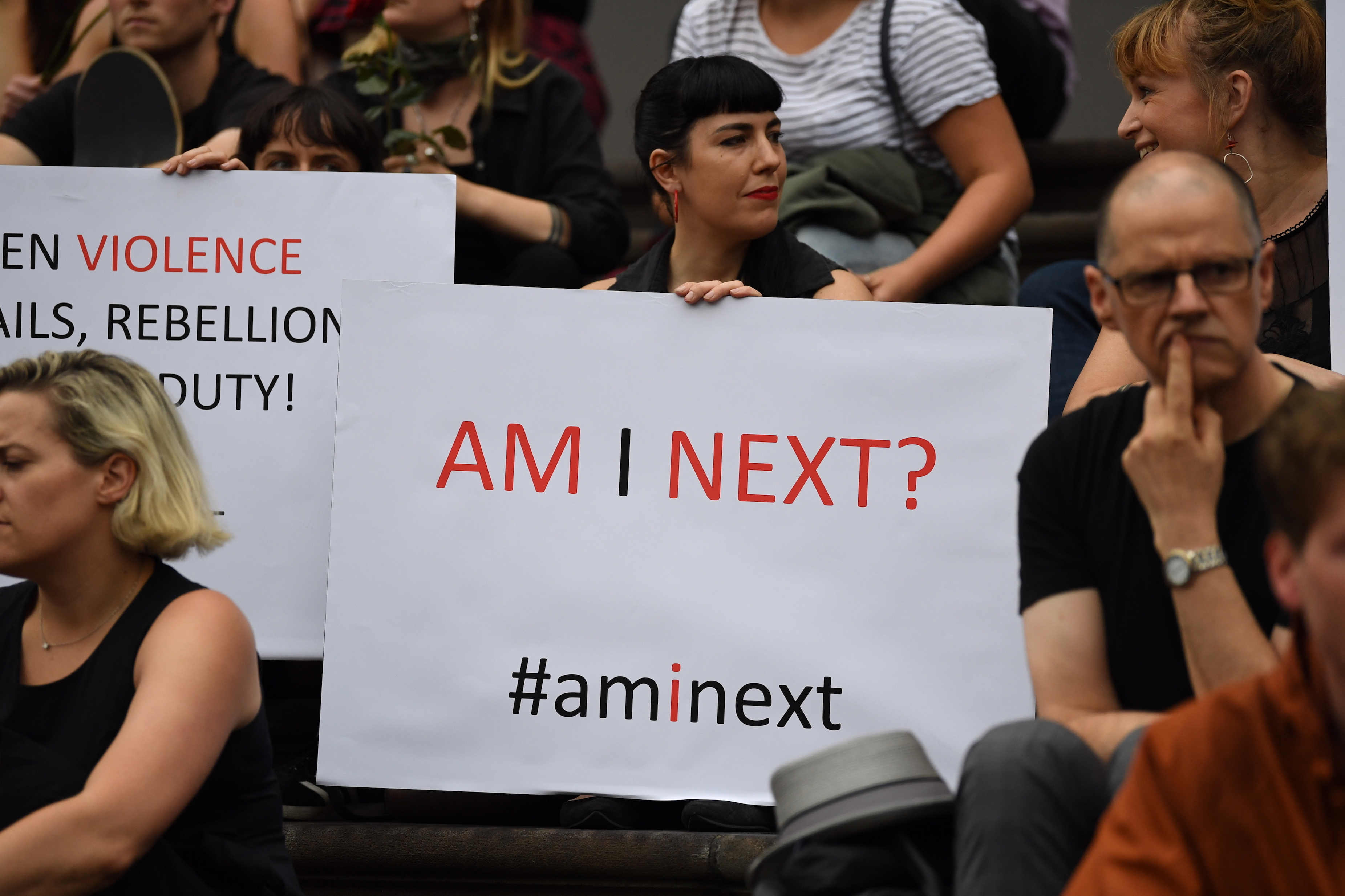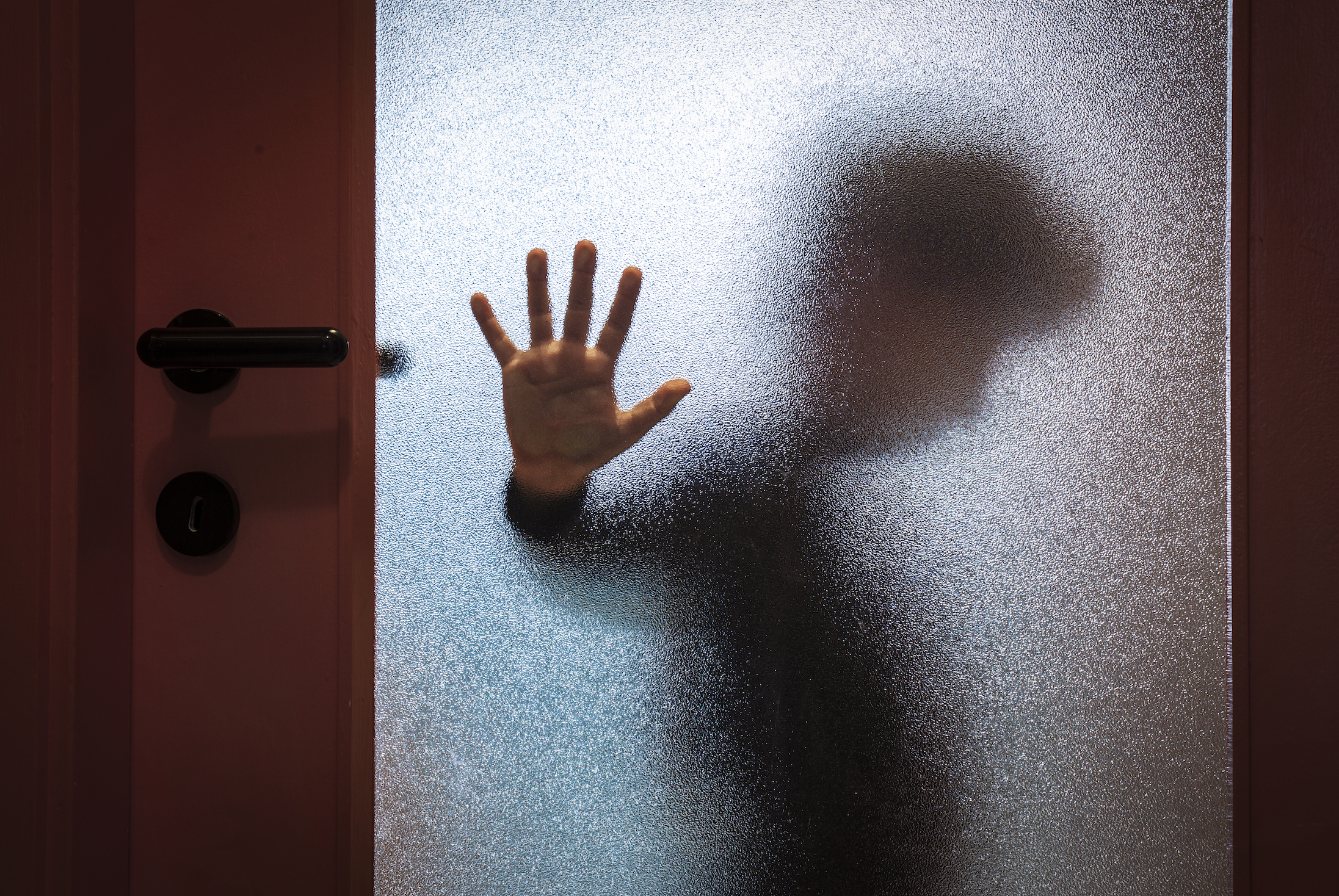
Health & Medicine
A teacher’s pet or a victim of sexual abuse?

Early intervention services are critical for helping to prevent harmful sexual behaviour in young people – and they don’t exist in Australia. That needs to change. Now.
Published 25 January 2019
Like many others both in Melbourne and around the world, we’ve been left reeling by the sexual assault and murder of Aiia Maasarwe.
And, like many others, we’re asking the question: “How can women in Melbourne still not be safe to walk home at night?”

In spite of the feminist Reclaim the night agenda, why have we found ourselves policing our daughters, sisters, friends and mothers over the last fortnight, insisting they don’t walk alone after dark?
In the days after the murder, we waited with morbid horror for a suspect to be identified. In conversations, we predicted that the perpetrator was a young man. Most harmful sexual behaviour is carried out by men and boys, and this particular sexual assault and murder didn’t appear to be the work of a sophisticated criminal – the body of Aiia Maasarwe was discovered within hours.

Health & Medicine
A teacher’s pet or a victim of sexual abuse?
The police announced the arrest of the alleged offender; a young man with a troubled childhood including family violence.
Whether this young man is guilty will be determined by the Court, but the terrible rape and murder of Aiia Maasarwe raises more general questions about the possibility of earlier interventions in the behaviours of young men who offend. Clearly, we want to prevent this rather than attending another vigil for the passing of another young woman whose life has been cut short.
HARMFUL SEXUAL BEHAVIOUR
Young people don’t suddenly become perpetrators of sexual homicide.
There’s strong evidence that harmful sexual behaviour carried out by children and young people is linked with a history of childhood adversity and trauma, including child sexual abuse and domestic and family violence. A substantial analysis of the research literature in this area found that young people with sexually abusive behaviour were five times more likely than young people with non-sexual criminal behaviour to have been sexually abused.

In a similar vein, a Swiss study involving 6628 Year 9 students found that boys who had been sexually abused were significantly more likely than those children who aren’t abused to exhibit harmful sexual behaviour.
There is also evidence of an association between experiences of non-sexual child abuse – like living with family violence – and the development of harmful sexual behaviour. A study of the records of 700 young people with sexually abusive behaviours in the UK indicated that 50 per cent of the sample had experienced non-sexual child abuse.

Health & Medicine
Making the link between family violence and animal abuse
Other studies have shown associations between sexually abusive behaviour and multiple traumatic experiences such as those relating to all forms of child abuse, neglect, domestic and family violence, school violence, exposure to war, terrorism and criminal activity.
WHERE IS THE EARLY INTERVENTION?
An obvious question is – where are the early intervention programs to pick up on the indicators of problematic sexual behaviour in young people?
Our own research with young people with sexually harmful behaviour told us that there was a group of young people who wanted help with managing their use of pornography and inappropriate sexually abusive thoughts.
Those with learning difficulties were particularly vulnerable and had no place to go, when the schools they attended had no sexuality education and no focus on the issues of consent.

In fact, while there are some very good services for young people who have committed sexually harmful behaviours, there are no early intervention services. Services to help young people manage worrying sexual thinking and their use of pornography don’t exist in Australia.
It’s critical that early intervention services are developed and implemented in an Australian context to prevent children and young people developing harmful sexual behaviour.

Health & Medicine
Supporting men to end family violence
The Royal Commission into Institutional Responses to Child Sexual Abuse called upon the Australian Government to develop a national strategy to prevent child sexual abuse that includes early intervention services with a focus on harmful sexual behaviour carried out by children and young people. Apart from the establishment of the National Office for Child Safety, no focused and substantive action appears to have yet been taken by government.
DOING MORE TO PREVENT THE CRIME
There are however, some developments in this area which have potential to intervene early and contribute to the national strategy to prevent child sexual abuse.
The first is the Respecting Sexual Safety program, developed in a collaboration between the University of Melbourne and MacKillop Family Services with support from the Victorian Department of Human Services.
This program aims to intervene early in harmful sexual behaviour and child sexual exploitation for children and young people living in out-of-home care. The program is being trialled in residential and foster care settings.

Another collaboration is underway between University of Melbourne and Jesuit Social Services and involves supporting the establishment of a Stop it Now! service in an Australian context.
Stop it Now! is a program delivered in the UK, US and Netherlands that has been positively evaluated for the provision of a service to adults and young people worried about their sexual thoughts and behaviours. The Royal Commission recommended the establishment of a similar service in Australia and Jesuit Social Services has conducted a scoping exercise to see how this could work in practise here.
No matter who killed Aiia Maasarwe – and as we say, the Court will determine whether this suspect did – the research evidence shows that early intervention services for children and young people’s harmful sexual behaviour must be developed and implemented now because it could save another young woman’s life.
Banner Image: Michael Dodge/Getty Images